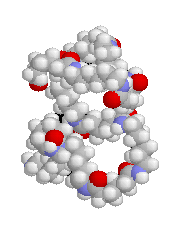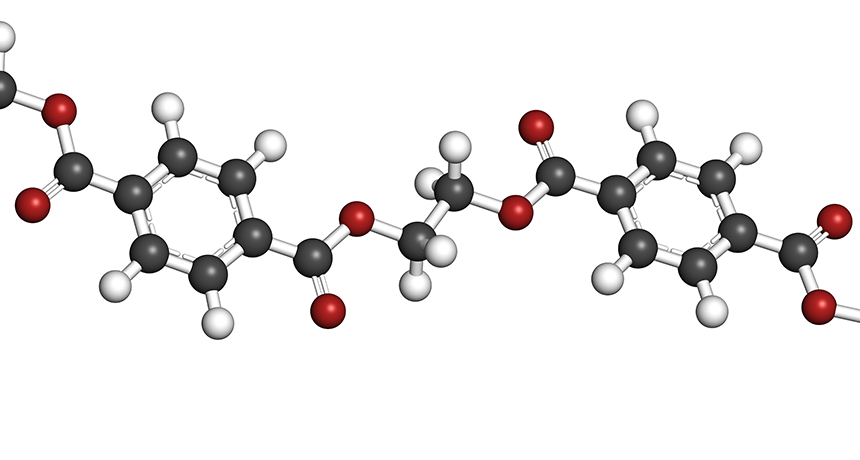Exploring the Varied Applications and Benefits of Polymers in Different Industries
Polymers, with their varied array of homes and capabilities, have become important in various industries, each gaining special benefits from their application. From improving safety and performance in the automobile market to transforming clinical devices in the medical care industry, polymers play a pivotal function.
Automotive Sector Applications
Polymers play a crucial role in improving the efficiency and durability of different parts within the automobile field. These functional products are extensively used in the production of various components, ranging from indoor elements to under-the-hood applications. One popular use polymers in the automobile sector is in the production of light-weight parts. By replacing conventional steel get rid of polymer-based choices, automobiles can attain enhanced gas performance without jeopardizing on toughness or safety.

Medical Care Sector Benefits
In numerous healthcare applications, the benefits of utilizing polymers are widely recognized for their diverse variety of helpful residential or commercial properties. Polymers play a critical role in the medical care sector as a result of their flexibility, biocompatibility, and cost-effectiveness. One of the main advantages of polymers in medical care is their ability to be customized to details requirements, such as flexibility, toughness, and biodegradability, making them ideal for a variety of medical applications.
Polymer-based materials are thoroughly used in medical gadgets, such as catheters, implants, prosthetics, and drug distribution systems, because of their biocompatibility and capacity to simulate natural cells. These products can lower the threat of allergies or beings rejected, enhancing individual safety and results. Additionally, polymers are light-weight, making them appropriate for wearable medical devices and guaranteeing individual comfort.
Furthermore, polymers make it possible for the growth of cutting-edge therapy techniques, such as hydrogels for tissue engineering and nanocomposites for targeted medicine shipment. Their convenience of handling and sterilization makes them vital for maintaining high standards of hygiene in healthcare settings. Overall, the varied advantages of polymers add dramatically to innovations in medical technology and client find more information care.
Ecological Advantages of Polymers

Furthermore, polymers can add to energy cost savings because of their light-weight nature. In sectors such as transport, light-weight polymer products can help in reducing fuel usage and greenhouse gas discharges. Furthermore, dig this polymers can make it possible for the growth of energy-efficient items such as insulation products that improve energy conservation in buildings.
Furthermore, polymers play a vital function in lowering water air pollution. The usage of polymer-based purification systems can properly get rid of toxins and contaminants from wastewater, protecting water resources and ecosystems. In general, the environmental benefits of polymers make them beneficial properties in promoting sustainability and environment-friendly techniques across numerous markets.
Polymers in Electronic Devices and Innovation
Thinking about the boosting demand for ingenious and sustainable remedies in contemporary industries, the assimilation of advanced polymer technologies in the world of electronics and modern technology has emerged as an essential technique for driving efficiency and efficiency. Polymers have revolutionized the electronic devices industry by allowing the production of lighter, a lot more adaptable, and sturdy electronic tools. From mobile phones to clinical he has a good point devices, polymers play a crucial function in improving product style and functionality.
One considerable benefit of polymers in electronics is their shielding buildings, which aid safeguard fragile digital components from ecological factors and electrical disturbance. In addition, polymers are vital in the growth of flexible screens, wearable modern technology, and printed electronics, using endless opportunities for creating wise and interconnected tools.
Additionally, the usage of polymers in electronic packaging has caused developments in miniaturization and thermal administration, boosting the total performance and reliability of electronic systems. As technology remains to progress, the versatility and adaptability of polymers will definitely drive better innovation in the electronics sector, forming the future of modern technology.
Role of Polymers in Construction and Infrastructure
The integration of advanced polymer products in construction and infrastructure projects has revolutionized the way structures are designed and built in contemporary times. Polymers use various advantages in the construction industry as a result of their convenience, resilience, and cost-effectiveness. One vital function of polymers in building is their use in finishings and sealants, providing defense against ecological elements such as moisture, UV radiation, and corrosion. In addition, polymers are used in the manufacturing of lightweight and high-strength composite products, enhancing the architectural stability of buildings while lowering total weight.
In addition, polymers play an essential duty in sustainable building and construction practices by allowing the development of energy-efficient frameworks. Protecting materials made from polymers assist manage indoor temperatures, minimizing the need for heating and cooling down systems and ultimately reducing energy intake. The use of polymer-based compounds in infrastructure jobs such as bridges and roads improves their durability and decreases upkeep expenses. Generally, the consolidation of polymers in building and construction and facilities displays their significant impact on modern design techniques.
Verdict
In final thought, polymers play a vital function in different markets such as auto, medical care, ecological, electronic devices, and building and construction. From boosting fuel effectiveness in cars to boosting clinical tools, polymers use numerous advantages.